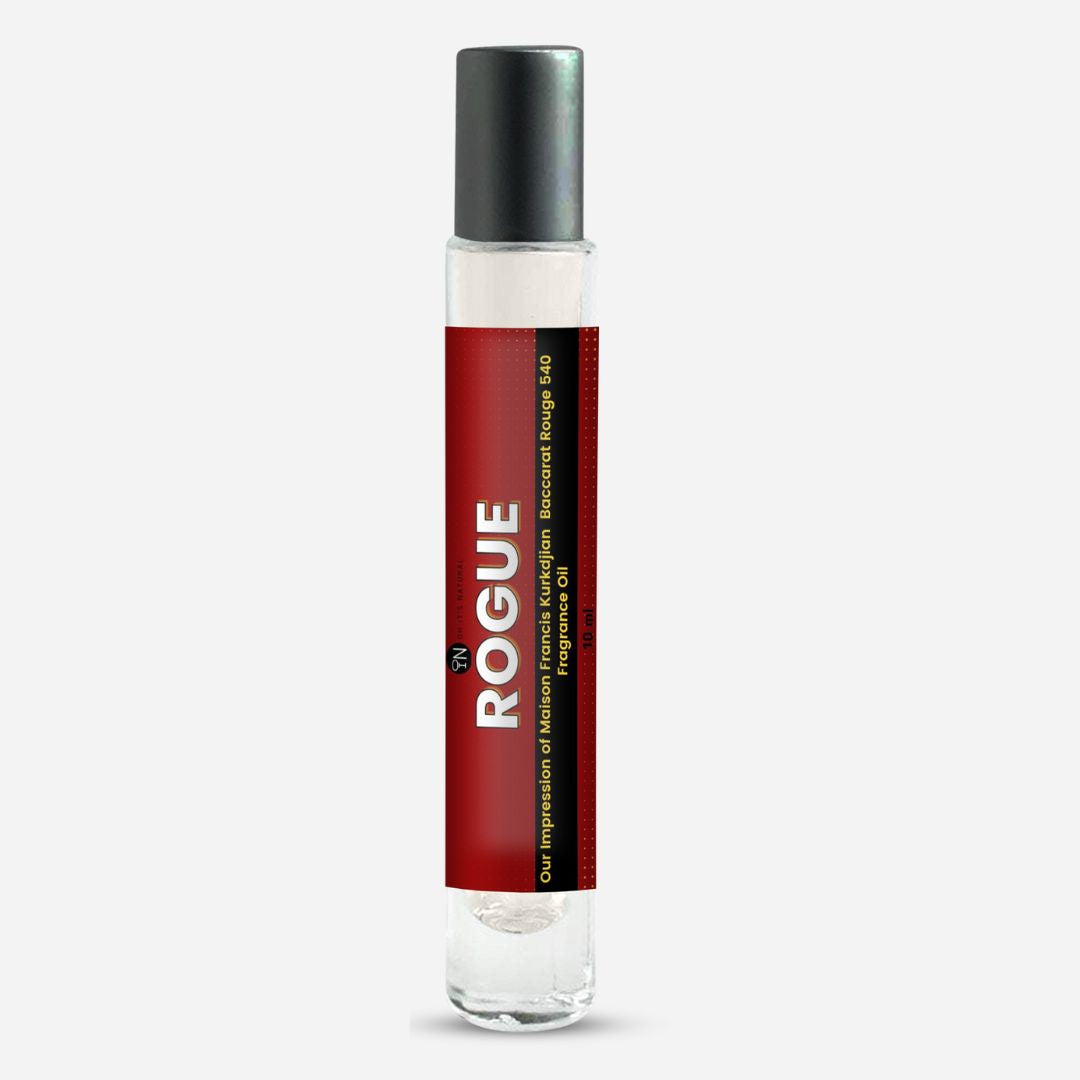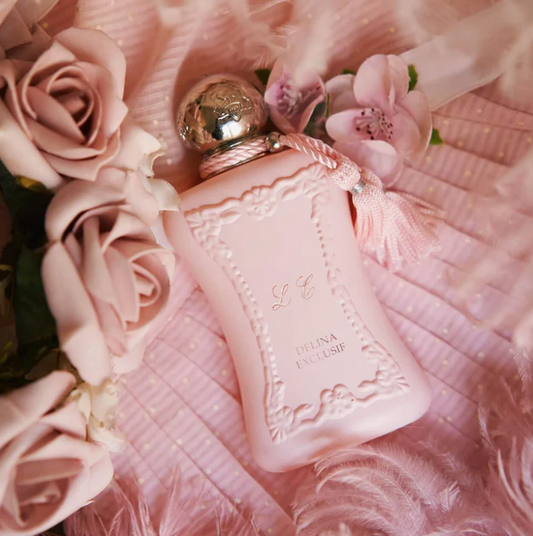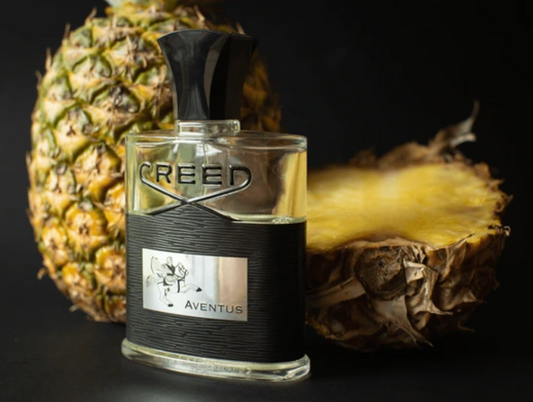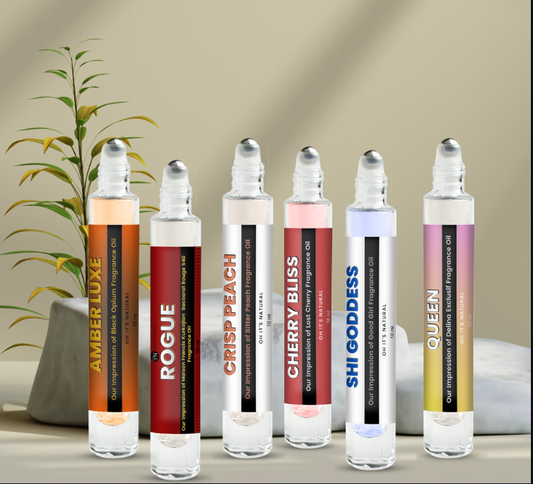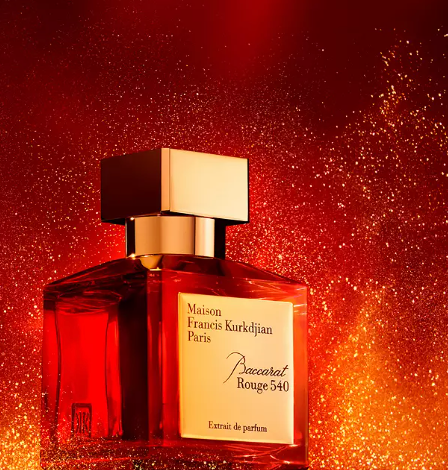Is Natural Skin Care a Benefit?
There are at least three approaches to acne skin care. One way to treat acne is to stick to tried and true medically based skin therapy. Doctors know they work because they give you enough of the medication that they are sure they are eradicating acne. The problem is that many of these treatments have severe side effects.
Another way to treat acne is to insist on totally natural therapies. Herbs, essential oils, and homemade acne products for some people are the only way to go. The problem is that natural treatments can also be harsh on the skin.
And a third way to treat acne is “whatever works.” Sometimes the right treatment may be pharmaceutical. Sometimes it may be a change in lifestyle or diet. Sometimes the right treatment may be chemical or an herb—but the goal of treatment is always to achieve lastingly clear skin rather than to prove one’s devotion to abstract ideas about therapies.
There are lots of examples of side effects caused by acne therapy. The antibiotic minocycline, for example, can cause blue or black staining of the teeth. You may get over your acne, but then you dare not show your smile.
The herbal remedy bloodroot, on the other hand, can eat a hole through they skin where it is used to “cleanse” a pimple. More than one herb enthusiast has been permanently scarred by trying to use bloodroot to get rid of a skin infection.
Natural Skin Care Products: Do they work Better for Acne?
Natural Treatments that work
- Tea tree oil not only kills acne bacteria, it also relieves redness and inflammation. The problem with most products that contain tea tree oil is that they contain enough tea tree oil to smell good but they don’t contain the 10% tea tree oil needed to fight acne infection. Reliable tea tree oil products include Serious Skin Care Clearz-It Nano Hydra+ On-the-Spot Treatment Acne Medication and Serious Skin Care Clearz-It Acne Medication, both of which use tea tree oil to offset irritation that may be caused by the other active ingredient, benzoyl peroxide. Derma E Tea Tree and E Face and Body Wash contains enough tea tree oil to fight infection but you rinse down the drain almost as soon as you put it on your skin. It will probably help clear up pimples—but not very fast.
- Green tea extract helps reduce sebum production, especially in men, and especially on Asian skin types. Reducing the production of sebaceous skin oils won’t guarantee that you won’t develop blemishes, but it’s a good start. Products usually need to contain at least 2% green tea extract to have a significant effect. Good product choices include Clinique Acne Solutions Emergency Lotion, Paula’s Choice 2% Beta-Hydroxy Acid Gel/Lotion/or Liquid for All Skin Types, Serious Serum AHA Ingrown Hair Eliminator and Skin Exfoliant, and Exposed Skin Care Clear Pore Serum.
- Resveratrol, the antioxidant discovered in red grapes but actually extracted from Chinese knotweed, helps clear up whiteheads and blackheads as well as pimples. You need a product that contains at least 6% resveratrol to make a difference, and because resveratrol is an antioxidant, it should come in a tube rather than in a jar. Antioxidants stored in an open jar quickly lose their potency. Good product choices include Cosmedicine Triple P Serum Daily Advanced Care Antioxidant and Multi-Nutrient Treatment.
Most plant oils are actually useful for cleansing the skin, even if you have oily skin. You could actually cleanse your face with olive oil. An oil-in-water (mostly water) cleanser containing no alcohol, however, is optimal for most kinds of skin.
There are also some natural products that have demonstrated skin-healing properties that are not necessarily the best choice for acne care.
- Aloe vera gel soothes irritated skin and encourages skin to heal. However, if you are trying to drain pores, encouraging skin to grow around them is not necessarily a good idea. The best time to use aloe is after you have had dermabrasion causing redness and irritation of your skin.
- Honey, especially Manuka honey, is a great antiseptic. It fights nearly every imaginable kind of bacterial infection of the skin, except acne. If you have other skin infections, however, a honey mask is a great way to treat them.
- Calendula fights both the bacteria that cause acne and the bacteria that cause impetigo. Calendula washes and gels are often a good treatment for acne, but many people are allergic to them.
- Wintergreen extract contains tannins that literally “tan” the skin. They can make pimples less noticeable, but they are not really a great idea if your primary skin issue is whiteheads, since wintergreen can tighten the skin around small pores and keep them from draining.
